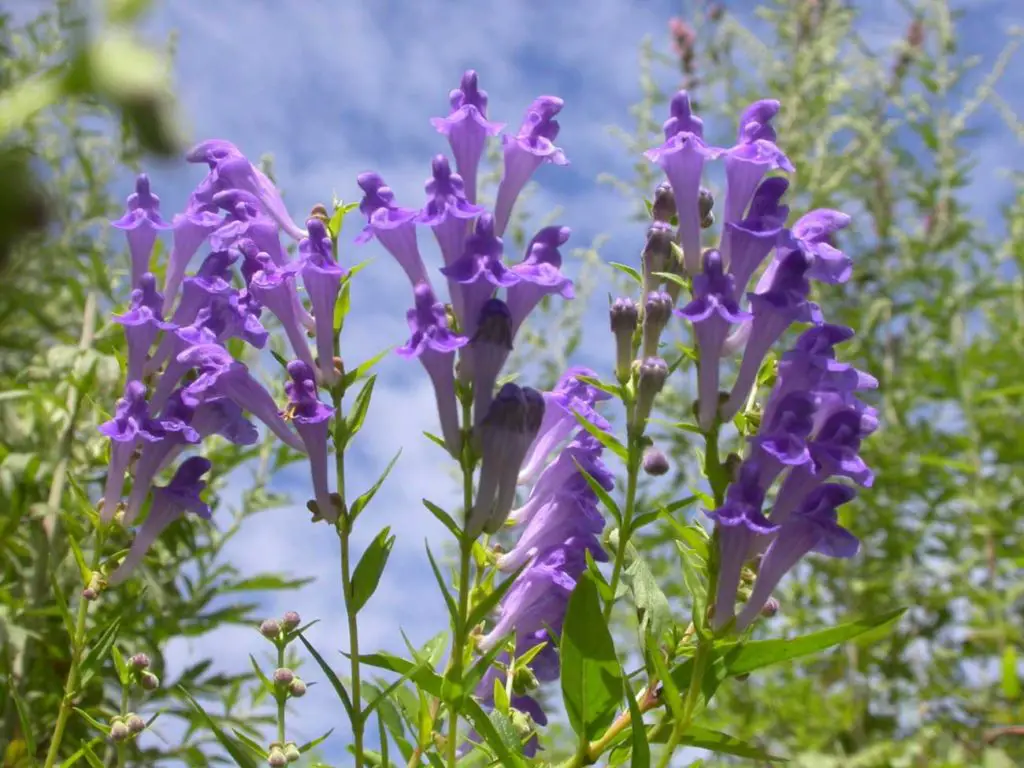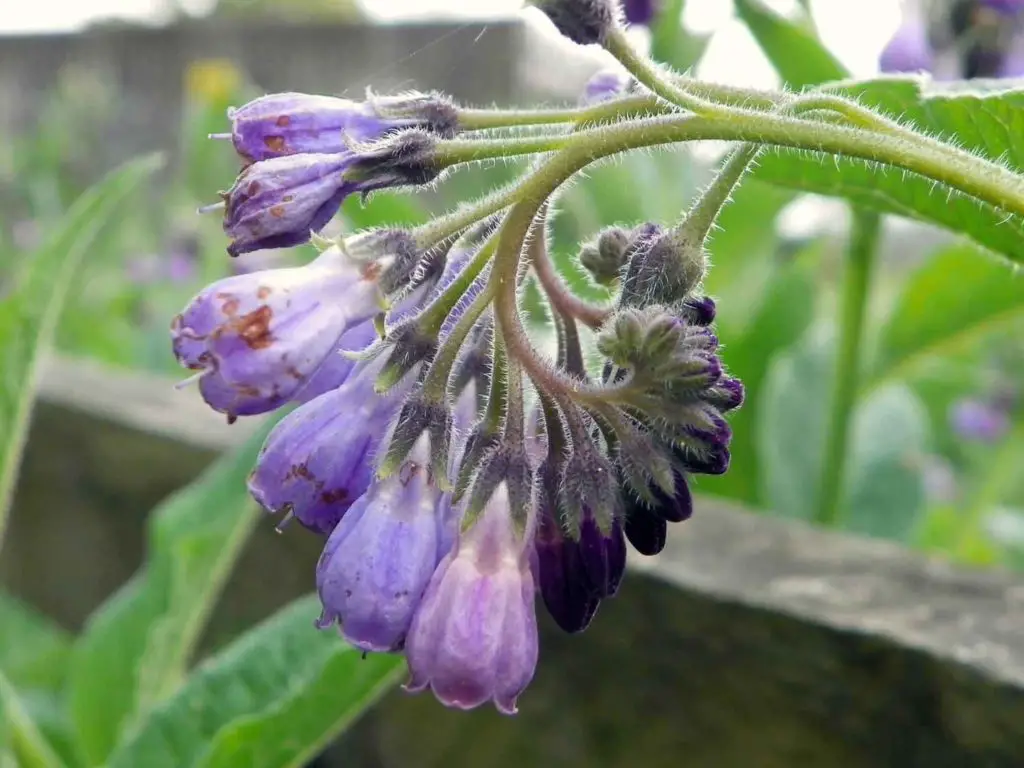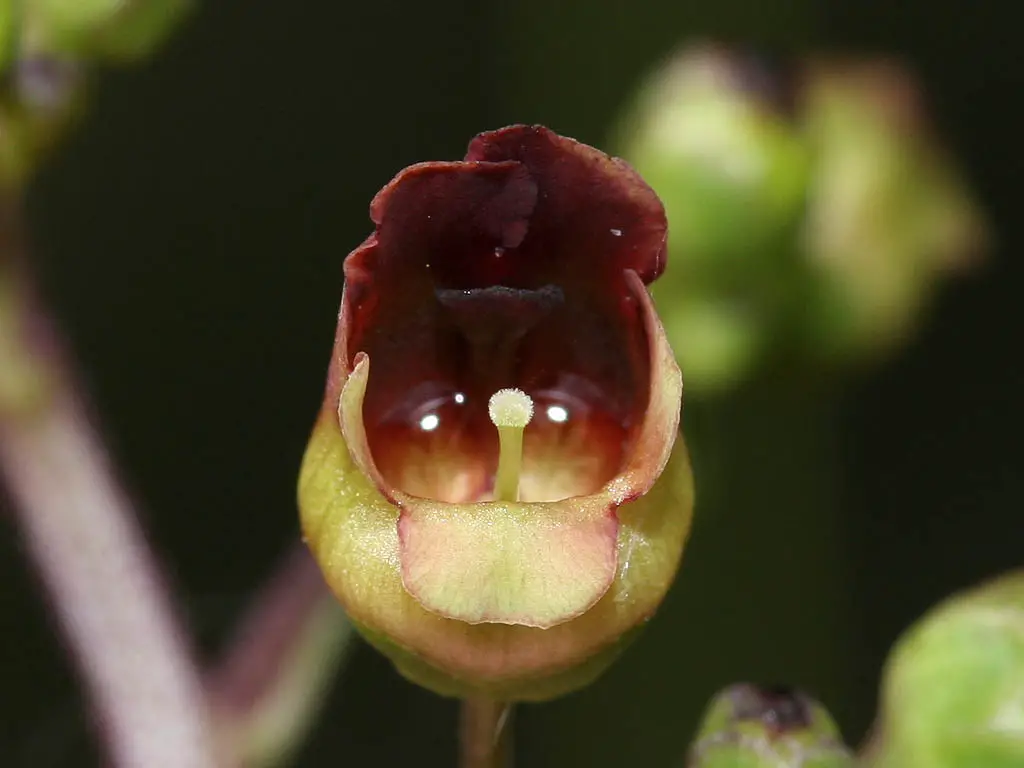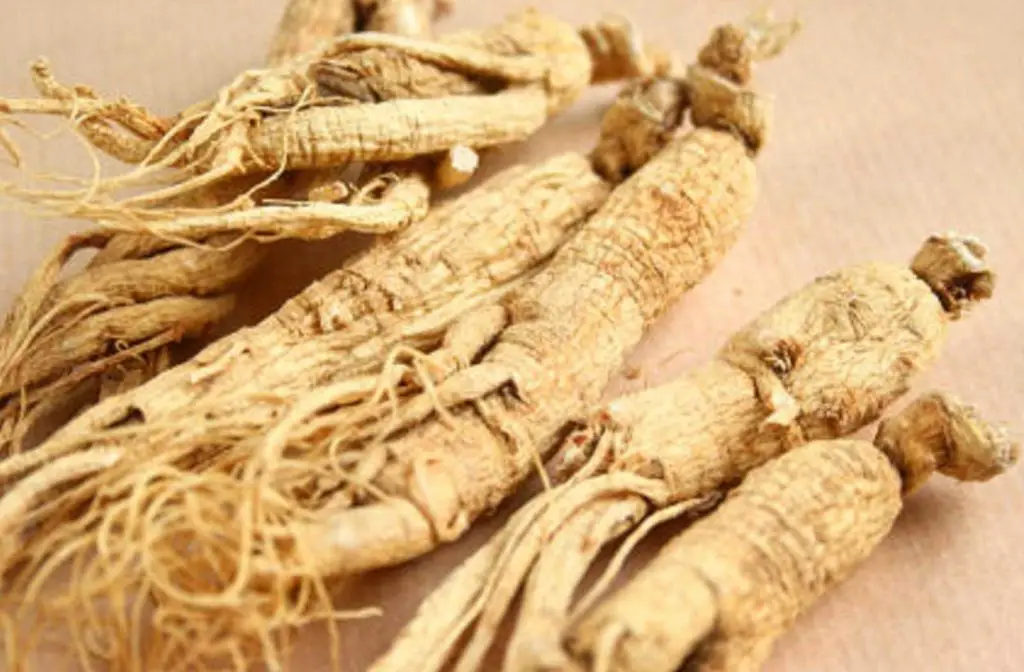What is Skullcap?
Skullcap is a flowering plant from the mint family, it can be found worldwide, but it grows predominantly in temperate zones. Skullcap flowers are usually blue or pink, but they can be found in a variety of colors and are said to resemble a type of medieval helmet, hence the common name. Other common names of Skullcap is American Skullcap, Mad-Dog Skullcap, Side-Flowering Skullcap, Madweed, Hoodwort, Blue Pimpernel, and Hooded Willow-Herb
There are approximately 300 – 425 different species of Skullcap, many of which are claimed to have different health benefits. The two variants most commonly used in modern herbalism are American Skullcap (Scutellaria Lateriflora, Blue Skullcap) and Chinese Skullcap (Scutellaria Baicalensis or Baical Skullcap). Different forms of skullcap are used to treat different ailments, and some have higher levels of toxicity than others, it is important to distinguish the differences before beginning treatment.
Chinese skullcap has been used for medical treatment in the east for over 2000 years. It is still currently considered to be one of the 50 fundamental herbs in Chinese traditional medicine. American Skullcap was used for centuries by Native Americans who passed on their knowledge of the plant’s alleged medicinal properties to early European settlers. A common name for Skullcap during the 18th century was ‘mad dog weed’ as it was used to treat people with rabies (it should be noted that it is no longer considered to have any efficacy in this regard).

Did you know? Skullcap is good for Anxiety, Pain relief, Inflammation and Alzheimers? Get it => https://t.co/850WPPH72M
— MedicinalHerbals (@MedicinalHerbal) February 28, 2017
What does Skullcap look like?
Alice Henkel in her journal, American Medicinal Leaves and Herbs, describes Skullcap perfectly, “The lip-shaped flowers and squarish stems of the skullcap indicate that it is a member of the mint family (Menthaceae). It is a perennial of slender, erect habit, its square, leafy, branching stem ranging from 8 inches to 2 feet in height, smooth, or sometimes hairy at the top. The leaves are placed opposite to each other on the stem on slender stalks and are about 1 to 3 inches in length and about one-third as wide, thin in texture, oblong or lance shaped, with margins coarsely toothed. They gradually become smaller toward the top, and sometimes those at the very top have the margins unbroken. The flowers are borne in narrow, spikelike, one-sided clusters, generally in the axils of the leaves, but frequently also at the top, and are interspersed with leafy bracts. The tubular, 2-lipped flowers are about a quarter of an inch in length, and the calyx, or outer green covering of the flower, is also two lipped, the upper lip shaped like a helmet and closing in fruit.” (American Medicinal Leaves and herbs, 1911)

Where does Skullcap grow?
Skullcap can typically be found in damp places such as banks of streams – from Canada to New Mexico.
Skullcap Benefits and Uses
Contemporary herbal practitioners use skullcap in their treatments for a variety of different health problems:
Anxiety
This is one of the primary uses of American skullcap in modern alternative medicine. It is believed that the plant is capable of balancing hormonal levels and stimulating the release of endorphins. These properties make skullcap useful in helping to overcome restlessness and paranoia. In a limited, but double-blinded and placebo-controlled experiment, American Skullcap was demonstrated to reduce anxiety levels and improve the overall mood of nineteen healthy volunteers without negatively affecting their energy levels or cognitive abilities.
Wound Care
American Skullcap is believed to have antibacterial, antiviral, and antifungal properties, which make it useful in the cleaning of small wounds. Flavanones present within the plant encourage increased blood flow to the skin, promote healing and reduce the risk of infection.
Pain Relief
American skullcap is considered to be an analgesic, which, when taken internally, is capable of providing widespread pain relief. The plant can also be made into a paste and applied directly to painful areas, including small scrapes and bruises.
Heart and Liver Health
It is believed that American skullcap is capable of lowering cholesterol and decreasing the risk of developing atherosclerosis (thickening of the arteries) and, in turn, is therefore beneficial for general heart health. Skullcap may also induce an increase in the levels of antioxidant activity in the liver.
Allergy Treatment
Skullcap contains several chemical compounds that inhibit the body’s production of both histamine and leukotriene and can therefore be beneficial in reducing the symptoms of allergies such as those experienced by sufferers of hayfever.
Inflammation
Chinese skullcap is particularly valued for its anti-inflammatory qualities and it is therefore thought to provide relief to sufferers of Arthritis and Irritable Bowel Syndrome.
Alzheimer’s
Several promising animal studies have been carried out on Chinese Skullcap which suggest the potential benefits of using the plant to develop new drug treatments for Alzheimer’s disease. One study looked at the effects of flavonoids, which were extracted from the stem and leaves of Scutellaria Baicalensis, primarily scutellarin, baicalin, and chrysin; it was demonstrated that these flavonoids could provide protection to hippocampal neurons. The results of another study suggested that the flavonoids could alleviate damage already done to learning and memory abilities. Although these results are promising, more research needs to be conducted to prove that Chinese skullcap will be beneficial in the treatment of humans suffering from Alzheimer’s. So far, these results have only been found in rats and as of yet, there have been no human studies or trials.
Insomnia
Skullcap works as a sedative, calming the nervous system, and promoting peaceful sleep.
Antibacterial
Native Americans have long used skullcap as a herbal remedy for the treatment of sore-throats and there is anecdotal evidence to suggest that it can be helpful in the treatment of other bacterial infections.
Antispasmodic
Skullcap has anti-spasm properties specifically for people with muscle spasms. Although there isn’t clinical evidence behind this there is some preliminary anecdotal results that have been reported.
As mentioned previously, both American and Chinese skullcap, are a rich source of flavonoids, which carry out several important functions in plants, including acting as chemical messengers and providing flower pigmentation. Although the FDA does not currently approve of any health claims involving flavonoids, there is on-going research being done on a variety of potential health benefits. In vitro studies have shown that flavonoids can be anti-allergenic, anti-inflammatory, antimicrobial, anti-viral and, potentially anti-cancerous. These studies are still awaiting follow-up research to determine whether the positive effects demonstrated in in vitro will still be present post-birth.
There are also multiple human studies underway to determine whether flavonoids have the potential to play a role in treating cardiovascular diseases.
How to Take Skullcap?
Skullcap can be taken in several different forms, including as a capsule or tincture; the most popular method, however, is in tea form.
When using American skullcap, it can be prepared by steeping one teabag or teaspoon, in a cup of hot water for 5 – 10 minutes (depending on taste).
If using Chinese skullcap, between 3 – 9 ounces of tea should be used and then the same process as above should be followed.
If the resultant beverage is too bitter, then lemon and /or honey can be added to taste.
Skullcap Dosage
Close attention should be paid to dosage when taking any form of skullcap as several different side effects of varying severity can arise. A healthcare professional should be consulted when taking this treatment.
If you’re taking Skullcap as a extract, adhere to the manufacturers guidelines.
Generally Skullcap tea is made by using 1 teaspoon of loose Skullcap per 2 cups of water, the tea can be consumed 2 – 3 times per day for the duration of the treatment.
Skullcap can also be taken as a tincture. 1/2–1 tsp (2–4 ml) should be added to a glass of warm water up to 3 times a day.
Skullcap Side Effects and Warnings
In rare cases, both American and Chinese skullcap can lead to liver damage. Symptoms usually arise 6 – 24 weeks after the commencement of treatment in the case of the former and 1 – 3 months with the latter. These cases of hepatotoxicity are rare, the symptoms usually mild to moderate and recovery is fast, once treatment has been stopped. Extreme cases have, however been known to cause acute liver failure.
Skullcap, of any variety, should not be taken by children.
Do not use Chinese Skullcap if:
- You are diabetic. Chinese skullcap can lower blood sugar and lead to an increased risk of hypoglycaemia.
- You are pregnant or breastfeeding.
- You have spleen or stomach problems.
Do not use American Skullcap if:
- You are pregnant or breastfeeding. Native Americans were known to use this as an abortifacient – use while pregnant could result in miscarriage.
Do not use any form of Skullcap if:
- You are awaiting surgery. Due to the sedative nature of Skullcap, it can interact with the drugs used to anaesthetize patients and cause complications during surgery. It is recommended that skullcap treatments are stopped a minimum of two weeks prior to any surgery.
American skullcap, if taken in large doses, may lead to the following Side Effects:
- Dizziness, cognitive confusion, twitchiness, seizures and an irregular heartbeat.
If side effects are experienced, treatment should immediately be stopped and advice sought from a medical professional.
Skullcap Drug interactions
American and Chinese Skullcap should not be combined with the following medications unless under the supervision of a qualified medical practitioner:
- Anti-depressants (including of the herbal variety, such as valerian).
- Barbiturates
- Benzodiazapines (including Xanax and Valium)
- Insomnia medications
- Alcohol
- Tricyclic antidepressants
- Chinese skullcap should not be combined with Diabetes medication.
References:
- http://www.mdpi.com/1420-3049/19/2/2536
- http://onlinelibrary.wiley.com/doi/10.1002/ptr.5044/abstract
- http://www.sciencedirect.com/science/article/pii/S0944711304702767
- http://www.sciencedirect.com/science/article/pii/S0944711308001499
- http://www.sciencedirect.com/science/article/pii/S0378874114001950
- http://www.mdpi.com/1420-3049/19/2/2536
- http://onlinelibrary.wiley.com/doi/10.1111/j.1439-0396.2010.01033.x/abstract
- 1911. American Medicinal Leaves and herbs. [ebook] US Department of Agriculture, Bureau of Plant Industry. Available at: <https://www.swsbm.com/Ephemera/AmericanHerbs.pdf> [Accessed 23 April 2022].






Hello. Want to get off of antidepressants . Doing research on skullcap . Most Dr’s don’t even know what it is. Would like to wean off slowly to a natural remedy . What do you think?
Hi Glenda,
This is an impossible answer and one I’m not qualified to give. What I’d suggest is taking studies to your doctor that support Skullcap and its positive effects on mood and depression and asking for his/her opinion.
You can find studies at pubmed here: https://www.ncbi.nlm.nih.gov/pubmed/ simply use the search bar at the top.